Can you talk about making the transition from athletics to a visual and creative artist?
Savanah Leaf: In a way, I think a film is this combination of working in a team environment.
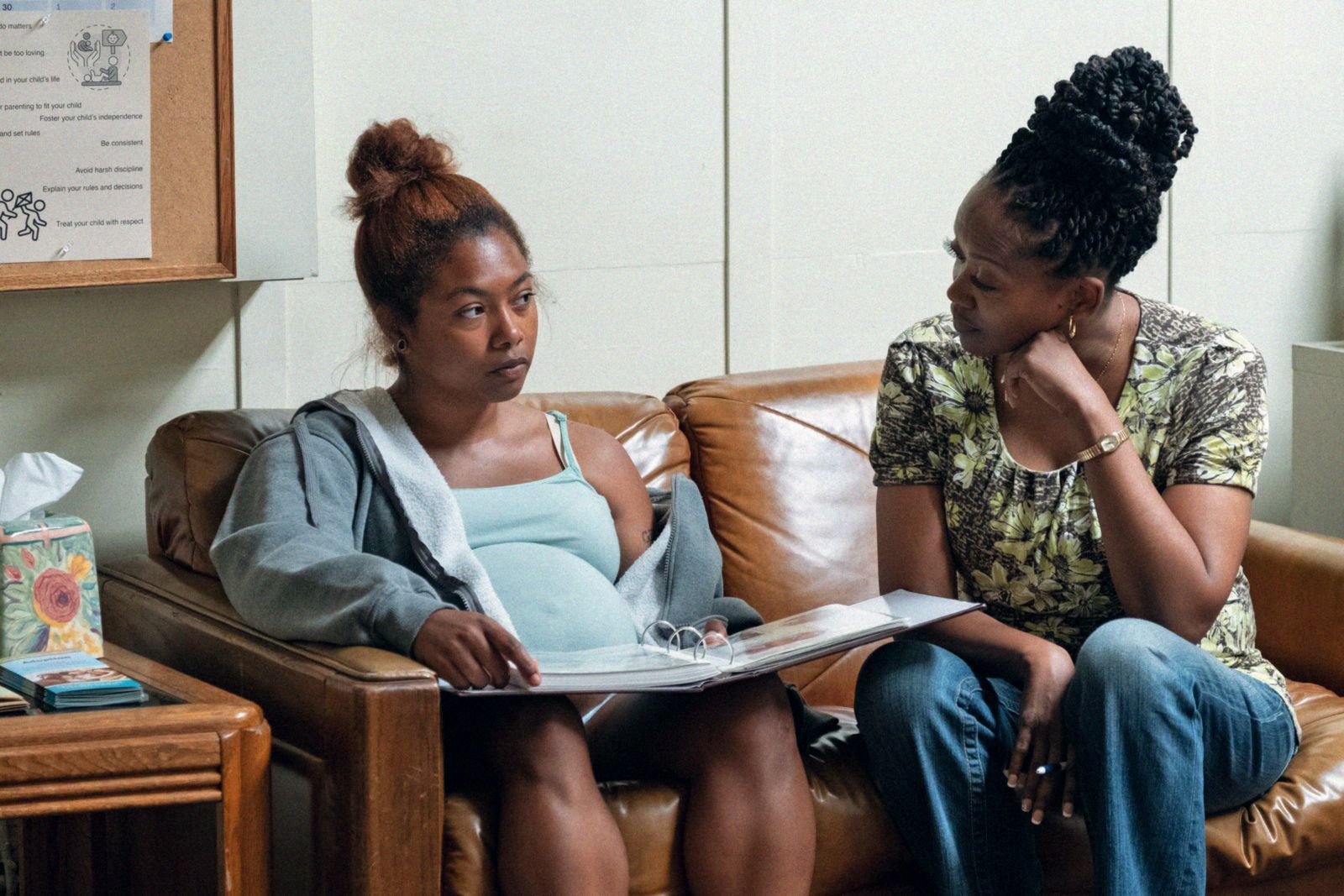

Can you talk about making the transition from athletics to a visual and creative artist?
Savanah Leaf: In a way, I think a film is this combination of working in a team environment.
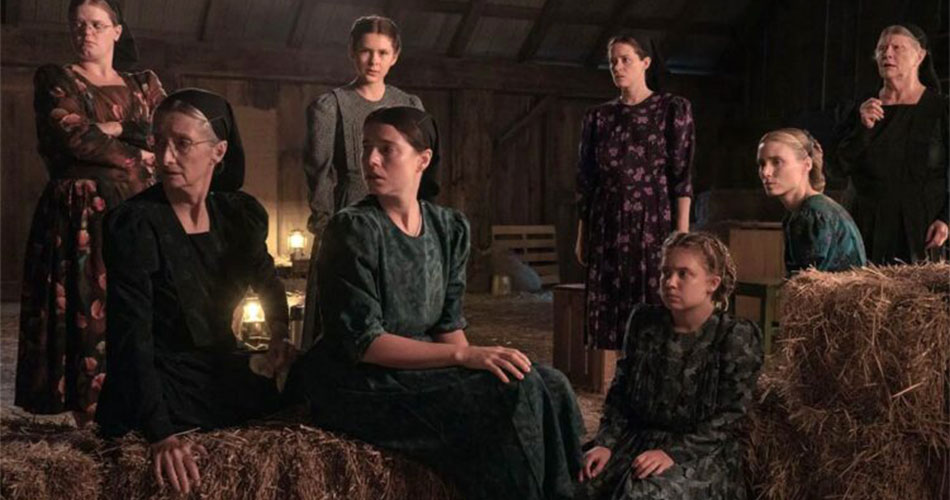
Can you describe your approach to adapting the novel, and to making the story so cinematic?
Sarah Polley: I think I always thought of the story as somewhat of an epic.
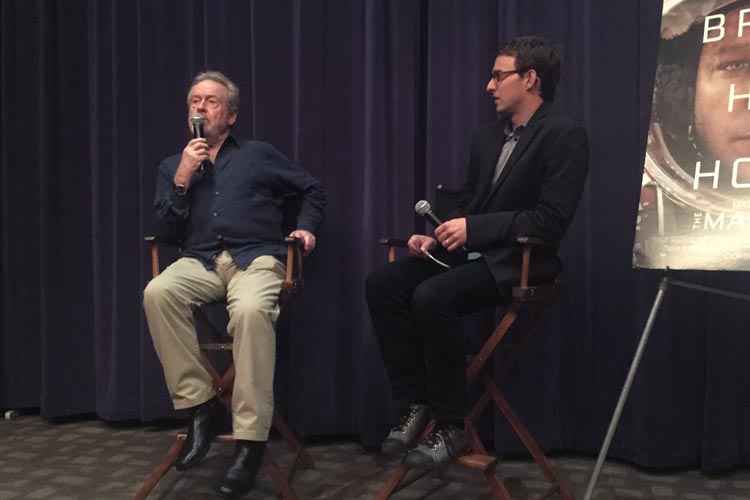
You used classic filmmaking techniques, especially in the opening scene. Can you talk about shooting it?
Scott: These storms are absolutely disgustingly filthy, and we had real fifth in the air. You have a real mix of dust.
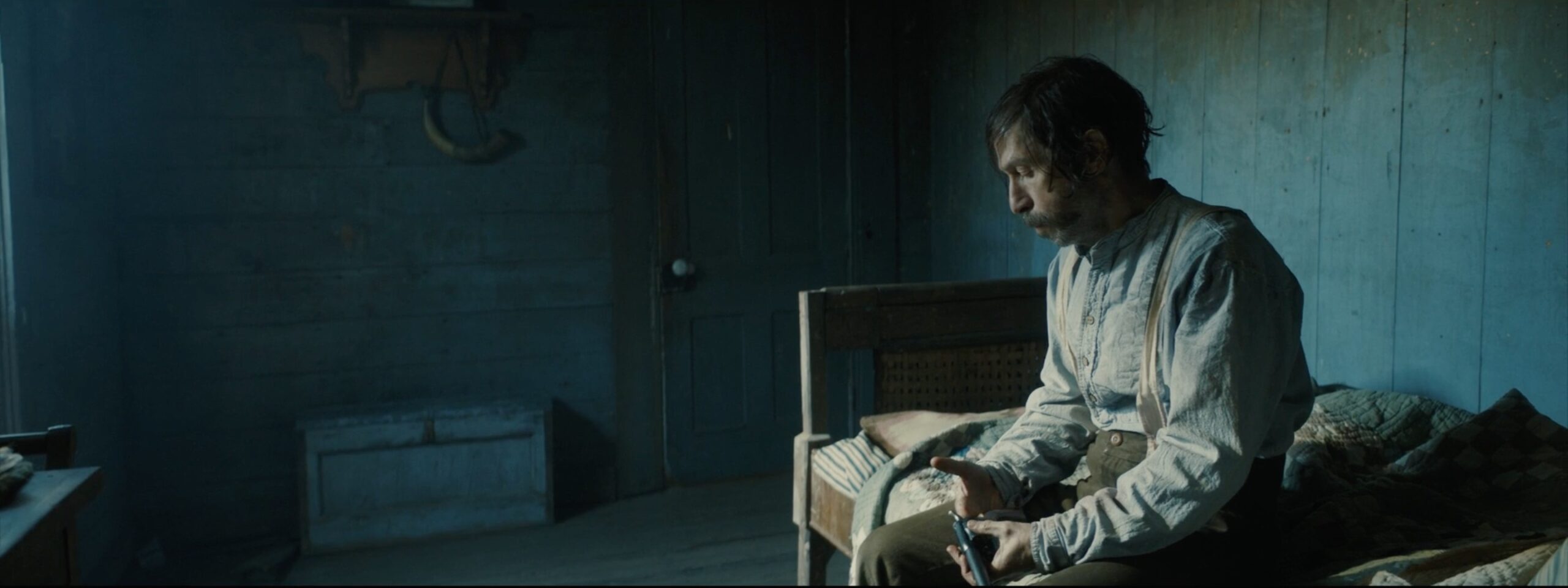
The locations are incredible. How did you find them?
Potsy Ponciroli: This film was really created out of the location.
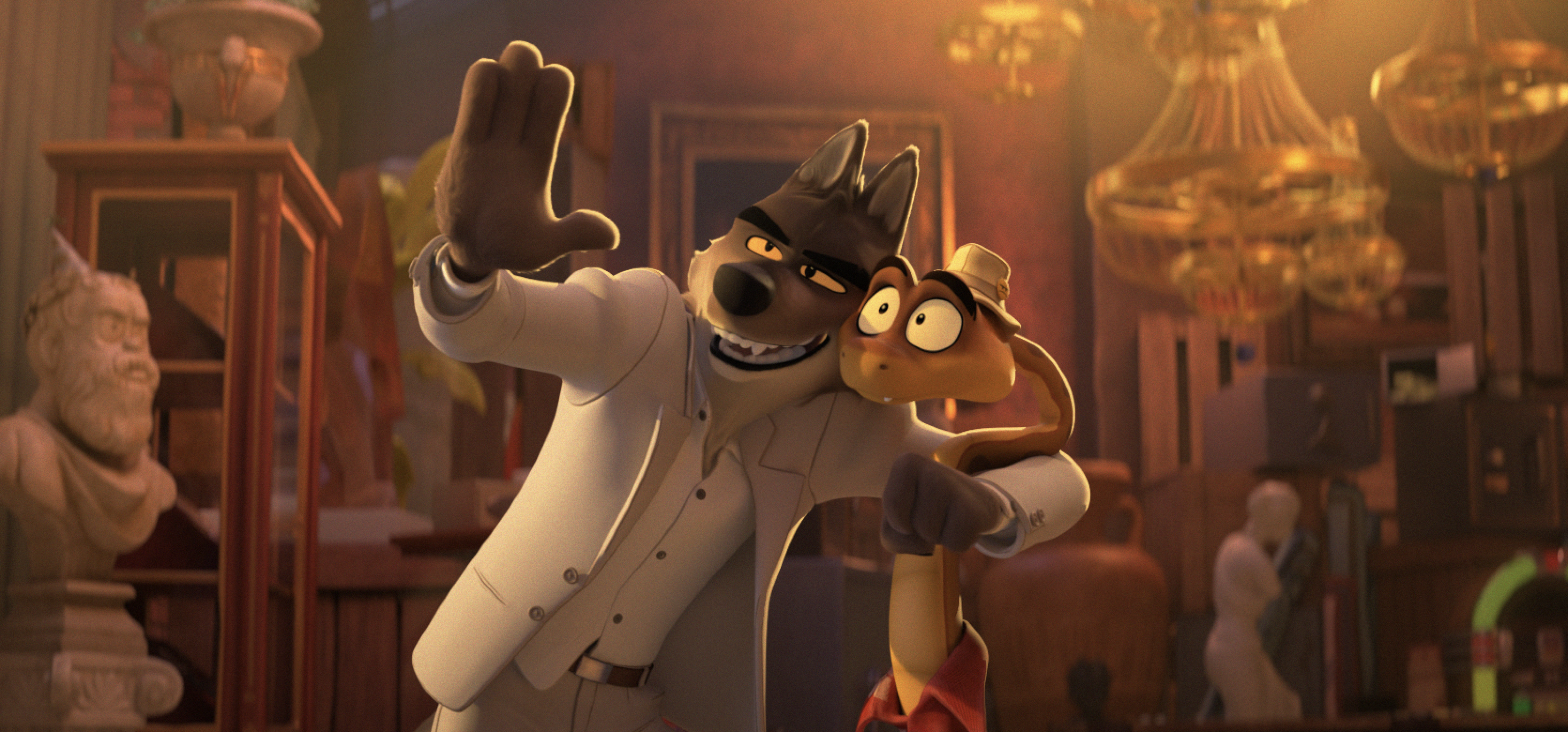
In a narrative film, a character might have some piece of wardrobe or a prop that helps them inform the character. How did you work together to develop the voice of Snake?
Marc Maron: When we first got there, they showed me the sketches for the character but I think they were still trying to figure out how to get him to move.
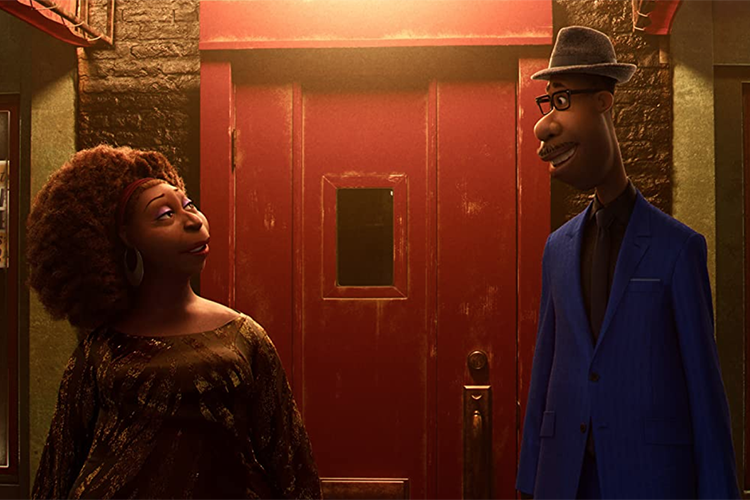
Can you talk about the design of the film and how it’s another evolution for Pixar both in the extremes in realism and surrealism that it achieves?
One of the big joys for me in working in this business is to embrace stuff that is perfect for animation
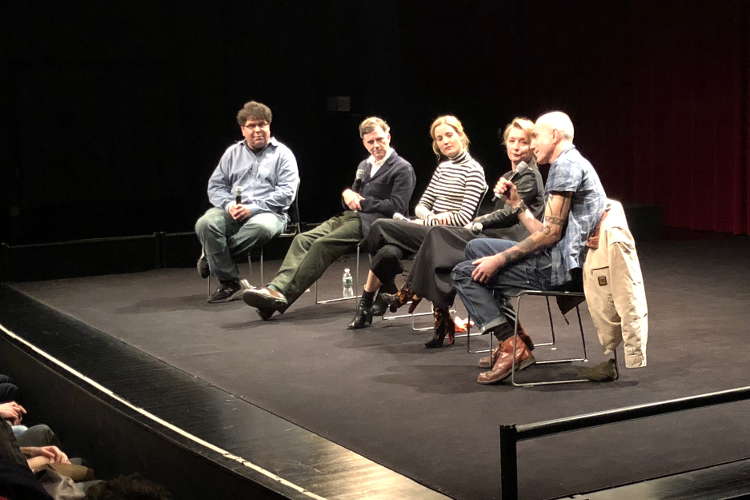
What inspired you with this film and why did you set it in the world of 1950’s London fashion?
Paul Thomas Anderson: I had a thin story for a romance about a man, woman, and maybe third party.
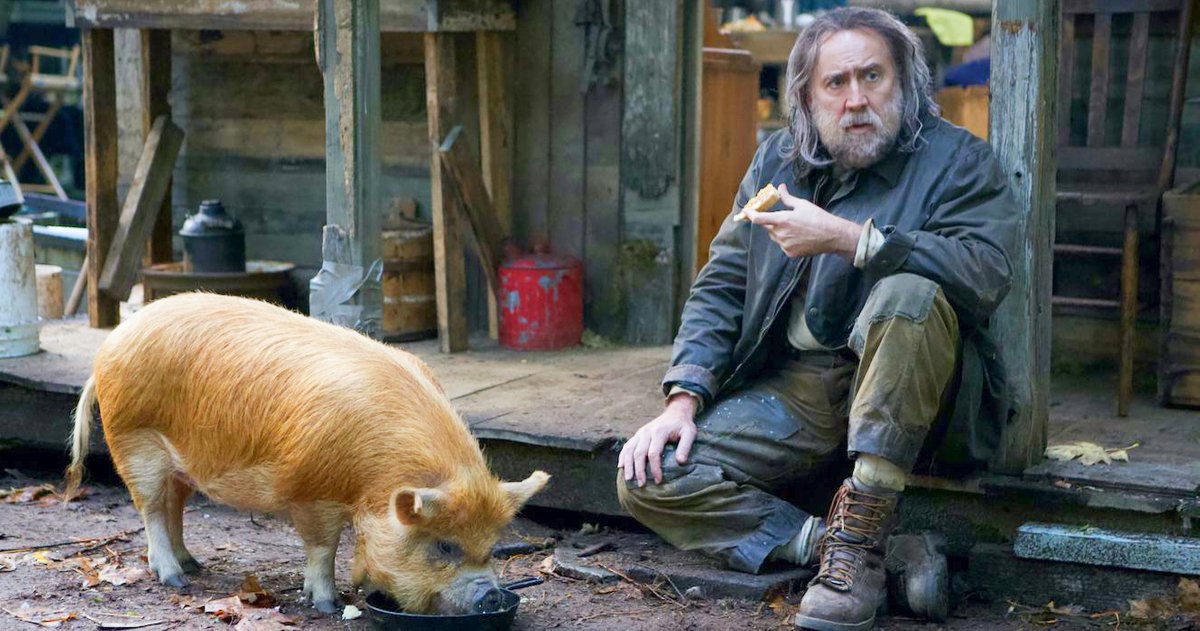
Do you think Nicolas Cage’s casting creates an expectation with the film? And if so, did you intentionally subvert those expectations in any way?
I think it does create an expectation. Certainly, people have certain types of films that they associate with Nic Cage. But we never set out to subvert anything
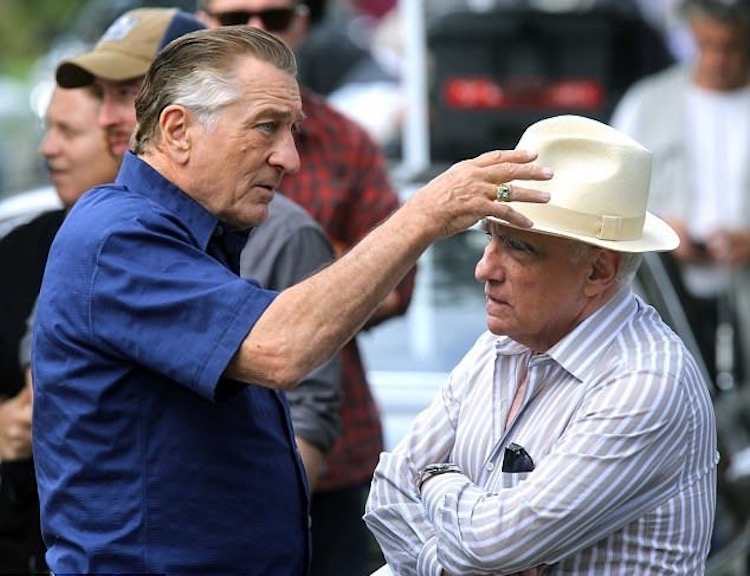
This film has a different editorial pace and perspective than you usually portray in your films. Would you be able to talk about your approach with these older men in the film?
Martin Scorsese: This is not a film we could have created or made as effectively if we had tried to make it ten years ago.
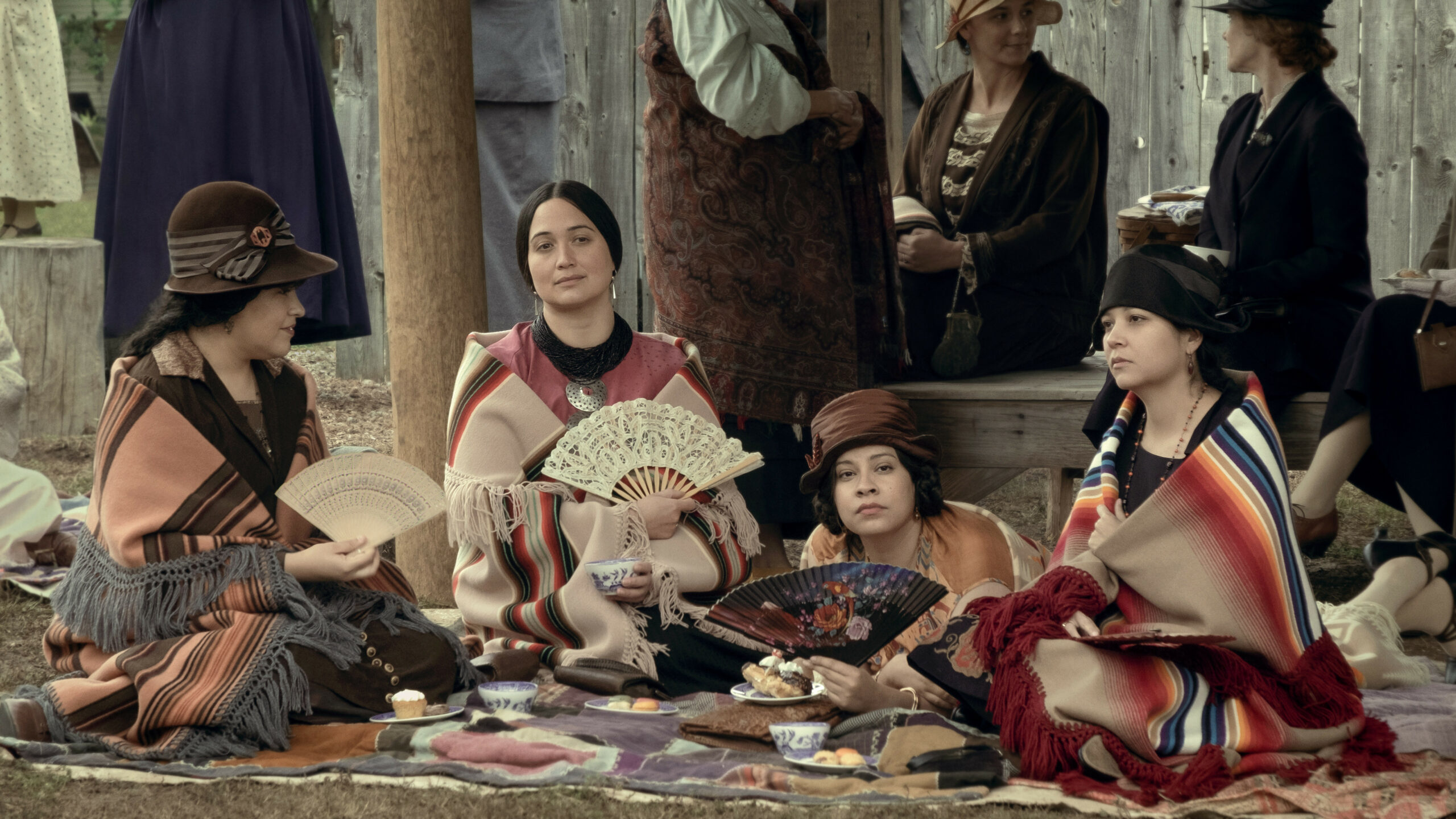
There’s a lot of complexity there. Did you really see it as love story? I kept questioning whether he loved her.
Absolutely. And her too. How much did she know? She must have sensed something.
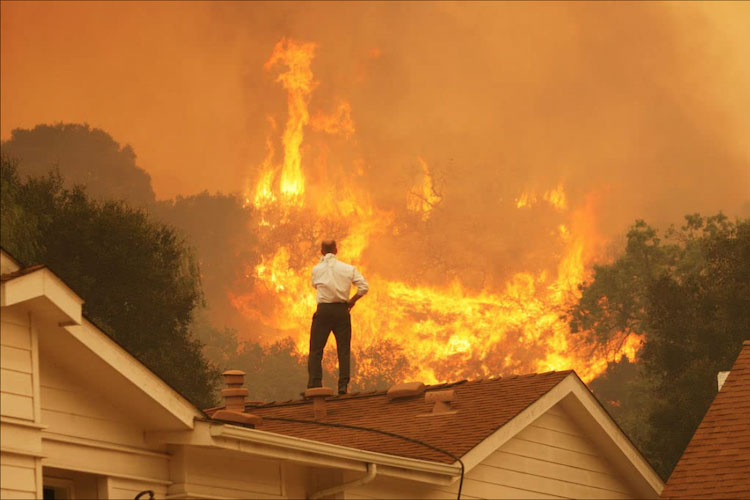
It was fascinating to learn that you had already been in the process of making a film about wildfires when the camp and woolsey fires occurred. Can you tell us about that?
Lucy Walker: That’s right. The reason I was able to really embed, and I knew what I was looking at and could just jump in, and start asking the right questions was because I’d actually been working on the film already for about a year at that point.
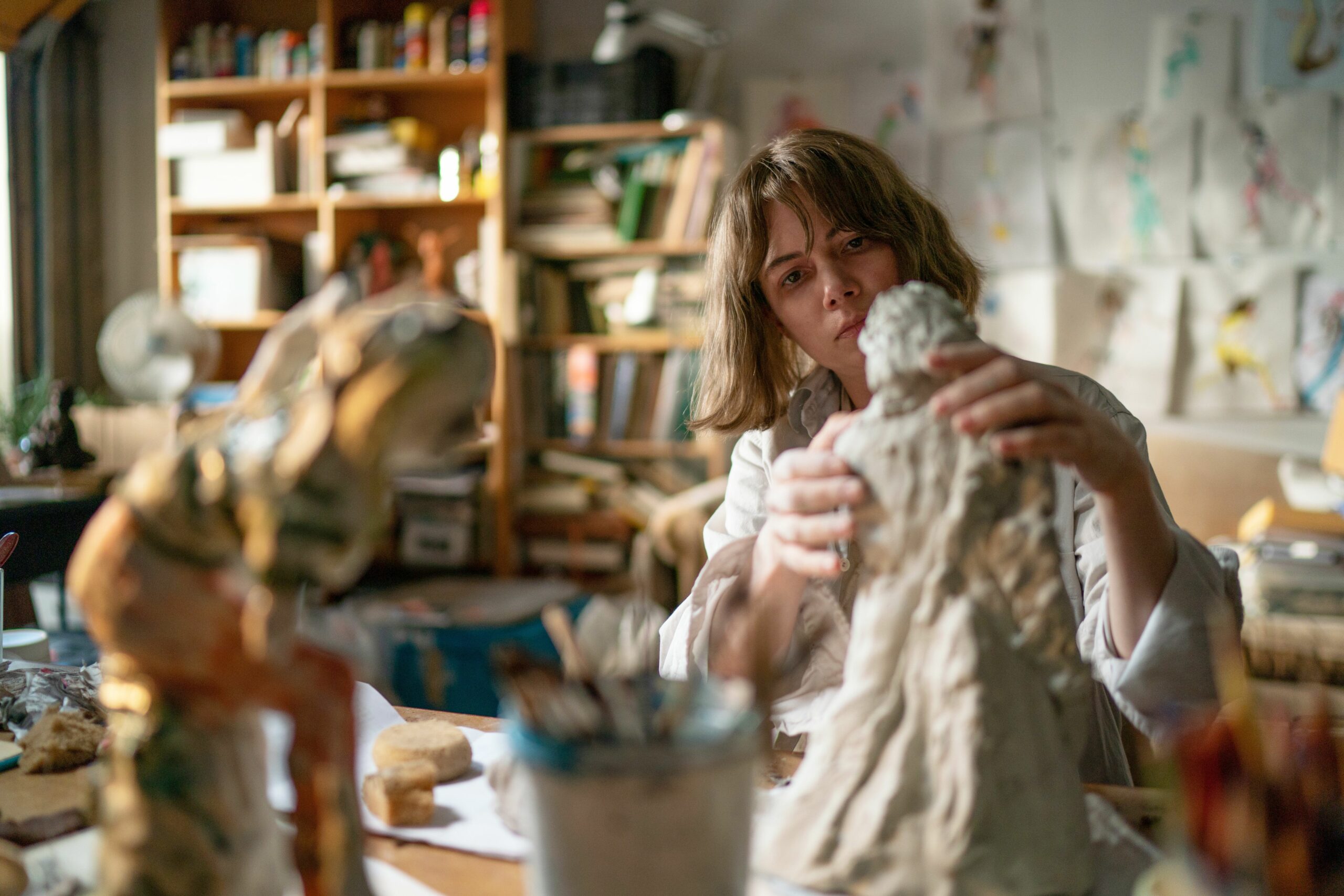
How did you get from First Cow to this story?
Kelly Reichardt: Well, both films were written with Jonathan Raymond and we started out with this idea of making a film of this little-known Canadian painter, Emily Carr. We wanted to focus on a ten-year period of her life when she was a landlord.
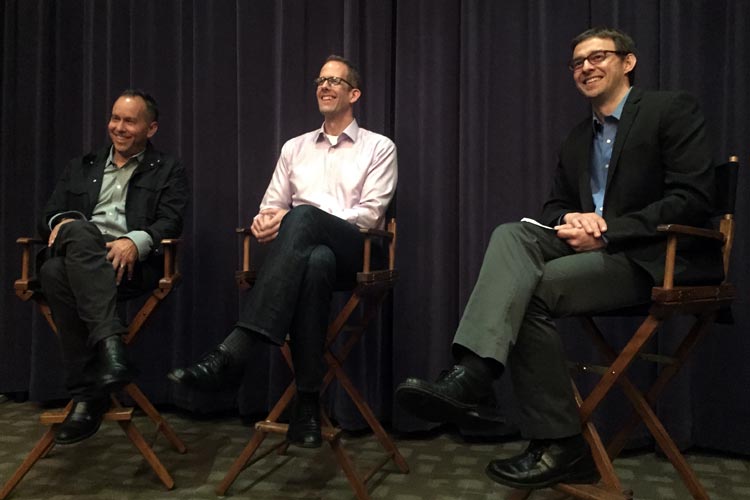
How did you develop the particular visual language of this film?
It was really challenging. There were things that we felt were important early on that ended up boxing us in.
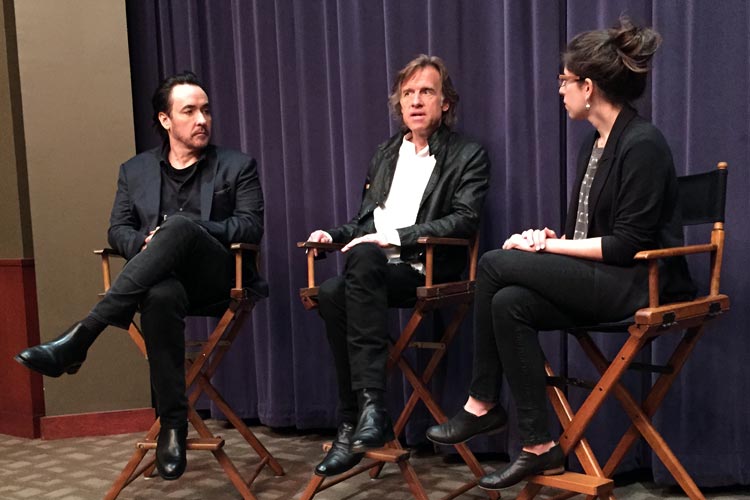
Can you discuss casting the two versions of Brian Wilson?
Bill Pohlad: Casting the Brian-future role was a little more complicated than the Brian-past, actually.
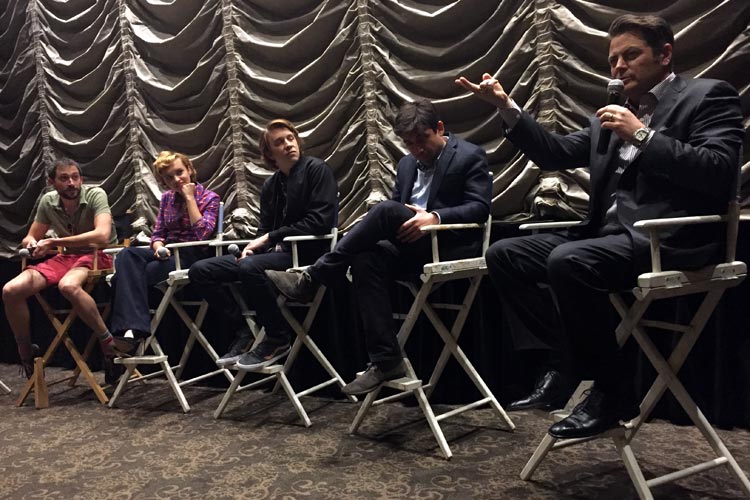
Can you talk about adapting your own book for the screen?
They initially approached Dan Fogelman, who’s a very established screenwriter. And he actually flipped it back to me and said he thought I should do it. At that point I just assumed I was talking to someone who was insane, and that this would be a terrible mistake.